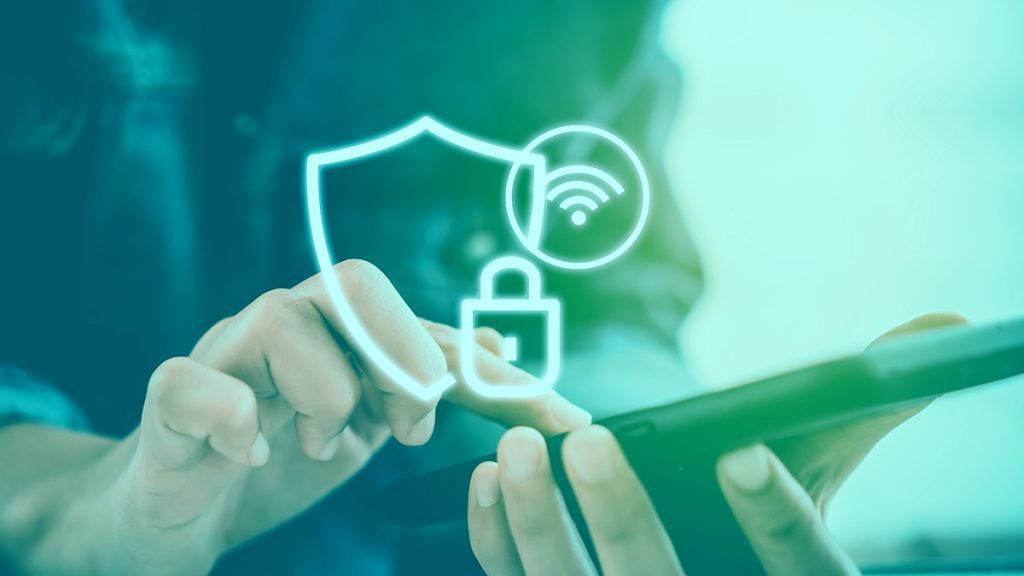
We spend most of our days connected to Wi-Fi, whether we’re scrolling on our phones, working, or streaming our favorite shows. But have you ever wondered about its safety? What are the myths surrounding the potential dangers of Wi-Fi on various levels?
The Conversation About Radiation
One of the most prevalent misconceptions is that Wi-Fi exposes us to harmful radiation. It’s important to clarify that Wi-Fi signals operate within the radio frequency range, considered safe and regulated by various international standards. The radiation levels emitted by Wi-Fi devices are far below the thresholds deemed hazardous to human health. Numerous scientific studies have confirmed that Wi-Fi radiation poses no significant risks.
However, it’s worth noting that Wi-Fi security concerns do exist. Primarily related to the potential for unauthorized access to our networks. Malicious individuals can intercept and exploit the information transmitted over unsecured Wi-Fi networks without proper security measures. This highlights the importance of taking steps to secure our Wi-Fi connections.
One fundamental measure to ensure Wi-Fi security is using a strong password for our network. A complex and unique password acts as a barrier against unauthorized access. Using a combination of letters, numbers, and symbols is recommended, and avoiding easily guessable information such as names or birthdates. Regularly updating the password further enhances security.
Are Encryption Protocols Secure Enough?
Another crucial security measure is enabling encryption protocols such as WPA2 (Wi-Fi Protected Access II) or WPA3. Encryption adds a layer of protection by encoding the data transmitted over the network, making it difficult for hackers to decipher. It’s essential to ensure that encryption is enabled in the router settings and that all devices connected to the network support the chosen encryption protocol.
Moreover, keeping Wi-Fi devices and routers up to date with the latest firmware is crucial. Manufacturers often release firmware updates that address security vulnerabilities and improve overall performance. Regularly checking for updates and installing them promptly helps safeguard against potential security breaches.
For added protection, using a virtual private network (VPN) when connecting to public Wi-Fi networks is advisable. A VPN encrypts all data traffic, ensuring privacy and security even on unsecured networks. By creating a secure tunnel between your device and the VPN server, a VPN shields your data from prying eyes.
Bottom Line
In conclusion, using wireless networks itself is safe in terms of radiation exposure. However, it is crucial to prioritize Wi-Fi security to protect against unauthorized access and potential data breaches. By implementing strong passwords, enabling encryption protocols, keeping devices updated, and utilizing VPNs, when necessary, we can enjoy the benefits of Wireless connectivity while ensuring a safe and secure online experience. So go ahead, and connect with confidence, knowing that with the right security measures in place, Wi-Fi can be enjoyed safely.